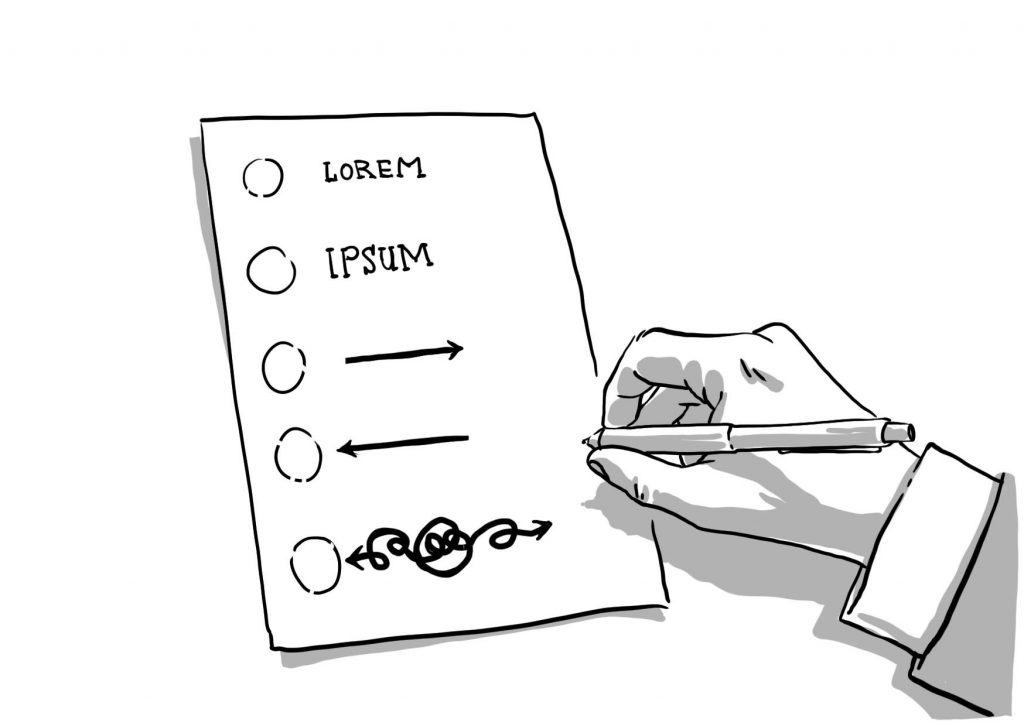Germany has decided. With 32.9 percent of the votes, the CDU/CSU and its leader Chancellor Angela Merkel remain the strongest political force in Germany. Far behind is the SPD, the second strongest party, with 20.5 percent. For both parties, these have been their worst election results in post-war Germany, and for the first time, the populist party AfD has gained seats in parliament. MIA Student Kim Thy Tong takes a closer look at what that means for Germany.
The Alternative for Germany (AfD) won 94 seats in the German Bundestag and the nation is shocked. For the past weeks and months, no issue in election reporting has been more dominant than the rise of this populist party at the federal level. At the CDU election party, I saw disturbed faces as the first election results were published at 6 pm. My Facebook newsfeed went crazy, and even those who usually do not share their political views openly opposed the AfD’s performance. With the hashtag #87Prozent (“87 percent”), thousands of Germans tried to dissociate themselves from being responsible for the 13 percent who voted for the AfD.
However, as a person with a so-called “immigrant background” because of my parents’ history as refugees, I must confess that I am a little glad about the fact that from today onwards, we will see the true face of the AfD in the open debates of the German Bundestag. I am glad that the whole of Germany will painfully realize the hidden and alarming thoughts that still exist in our society, and have for a long time. Everyone should get something clear regarding the election results: populist, xenophobic and humiliating slogans in post-war Germany didn’t emerge when the refugee crisis began in the summer of 2015. They were already present. The difference now is that the leaders of the AfD have managed to integrate an institution that openly advocates for racism into Germany’s political landscape and into its parliament.
All Germans in this country will from now on experience every discriminating word voiced by the Alternative for Germany (AfD) in the German Bundestag, but this is a truth that many minorities in our society are already subjected to – sometimes in a loud and evident way, but more often quietly and secretly. Whether a Jew or a Muslim, whether gay or lesbian, or whether a person with an immigrant background, who is a second-generation German, or a recent refugee – to the majority of these people, the existence of xenophobic and discriminatory statements, as we experience them from representatives of the AfD today, is not entirely new. Many people living in this country are confronted with these kinds of problems on a daily basis.
The difference, however, is that these indefensible claims can now be expressed openly by legitimized representatives of the German Bundestag. From today on, this language cannot solely be witnessed in private conversations. 13% of German voters wanted this language to be spoken in our parliament, and it will be. Regardless of how sad many people may feel on a personal level, today’s German society will have to wake up. An anti-democratic mindset, regardless of the place and nature of its occurrence, must stop being trivialized as an individual faux pas, and instead be unambiguously and democratically opposed. This will be one of the greatest challenges that Germany will face during the next four years.
 Kim Thy Tong is a class of 2019 Master of International Affairs candidate at the Hertie School of Governance and is currently working as a Policy Officer for the German Federal Ministry of Economic Affairs and Energy for her Professional Year. She studied Public Administration and European Studies at the University of Münster and the University of Twente Enschede. She worked for a Member of Parliament in the German Bundestag and was the leader of the campaigning team of the CDU in Münster in several elections. Kim Thy is passionate about lobbying for the future generations and was engaged as speaker of the Youth Council of the Konrad Adenauer Foundation. Her academic interest lies in the field of energy security policy in Asia.
Kim Thy Tong is a class of 2019 Master of International Affairs candidate at the Hertie School of Governance and is currently working as a Policy Officer for the German Federal Ministry of Economic Affairs and Energy for her Professional Year. She studied Public Administration and European Studies at the University of Münster and the University of Twente Enschede. She worked for a Member of Parliament in the German Bundestag and was the leader of the campaigning team of the CDU in Münster in several elections. Kim Thy is passionate about lobbying for the future generations and was engaged as speaker of the Youth Council of the Konrad Adenauer Foundation. Her academic interest lies in the field of energy security policy in Asia.
